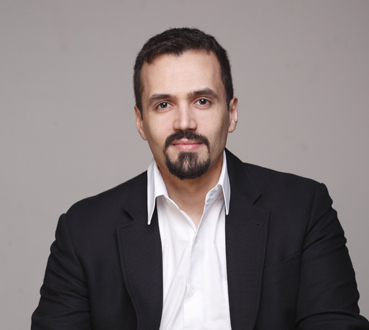By Christine Lagarde
WASHINGTON, DC: The global economy has entered a dangerous new phase. There is a path to sustained recovery, but it is narrowing. To navigate it, we need strong political will around the world — leadership over brinksmanship, cooperation over competition, and action over reaction.
One of the main problems today is too much debt in the global financial system — among sovereigns, banks, and households, and especially among the advanced economies. This is denting confidence and holding back spending, investment, and job creation. These countries face a weak and bumpy recovery, with unacceptably high unemployment. The eurozone debt crisis has worsened, and financial strains are rising. Political indecision in some quarters is making matters worse. Social tensions bubbling beneath the surface could well add fuel to the crisis of confidence.
In these circumstances, we need collective action for global recovery along four main policy lines: repair, reform, rebalancing, and rebuilding.
First, repair. Before doing anything else, we must relieve some of the balance-sheet pressures — on sovereigns, households, and banks — that risk smothering the recovery. Advanced countries need credible medium-term plans to stabilize and reduce public debt.
But consolidating too quickly can hurt the recovery and worsen job prospects. There is a solution. Credible measures that deliver and anchor savings in the medium term will help create space to accommodate growth today — by allowing a slower pace of consolidation. Of course, the precise path is different for each country, as some are under market pressure and have no choice, while others have more space.
It is also important to relieve pressure on household and banks. With respect to the United States, I welcome President Barack Obama’s recent proposals to address growth and employment; actions like more aggressive principal-reduction programs or helping homeowners to take advantage of low-interest rates would also help. And, in Europe, the sovereigns must address firmly their financing problems through credible fiscal consolidation. In addition, to support growth, banks must have sufficient capital buffers.
The second issue is reform, with the financial sector a high priority. On the positive side, we have broad agreement on higher-quality capital and liquidity standards with appropriate phase-in arrangements. But substantial gaps remain and must be addressed through international cooperation in order to avoid regulatory arbitrage.
I would also include the social dimension under the reform banner — particularly the need to identify and nurture sources of growth capable of generating sufficient jobs. This is especially important for the young.
The third target of collective action, rebalancing, has two meanings. First, it means shifting demand back to the private sector when it is strong enough to carry the load. That hasn’t happened yet.
Rebalancing also involves a global demand switch from external-deficit countries to those running large current-account surpluses. With lower spending and higher savings in the advanced economies, key emerging markets must take up the slack and start providing the demand needed to power the global recovery. But this rebalancing, too, has not happened sufficiently, and if the advanced economies succumb to recession, nobody will escape.
The fourth policy imperative is rebuilding. Many countries, including those with low income levels, need to rebuild their economic defenses — for example, by strengthening their budget positions — to protect themselves against future storms. This will also help to provide the space for growth-enhancing public investment and important social safety nets.
In these circumstances, the International Monetary Fund — with its 187 member countries – is uniquely positioned to foster collective action. Our policy advice can help shine a light on the pressing issues of the day — growth, core vulnerabilities, and interconnectedness. Our lending can provide breathing space for countries in difficulty. And, looking beyond the crisis horizon, the IMF can also help construct a safer and more stable international financial system.
This is no time for half-measures or muddling through. If we seize the moment, we can navigate our way out of this crisis and restore strong, sustainable, and balanced global growth. But we need to act quickly – and together.
Christine Lagarde is Managing Director of the International Monetary Fund. This commentary is published by DAILY NEWS EGYPT in collaboration with Project Syndicate (www.project-syndicate.org).


